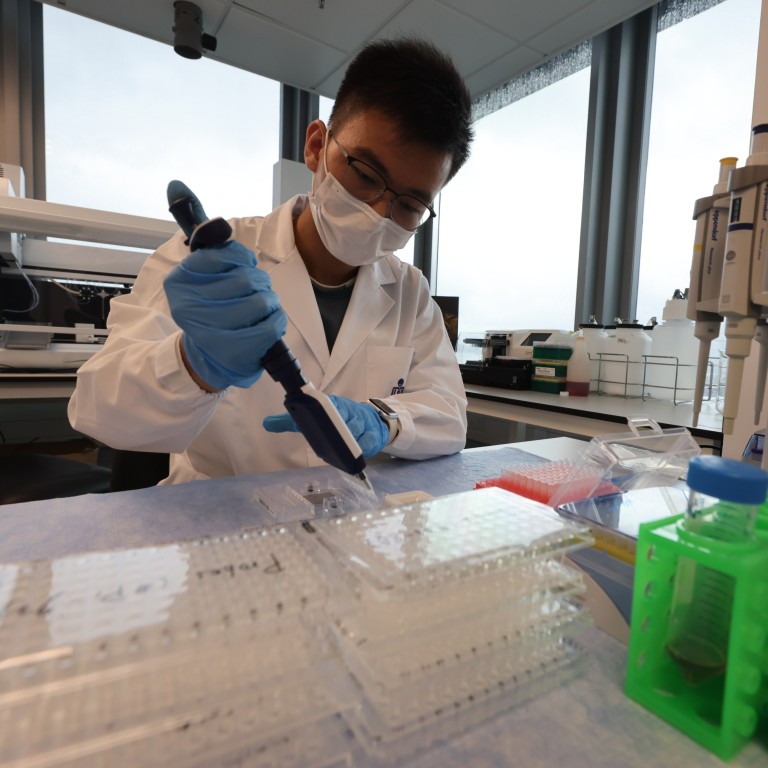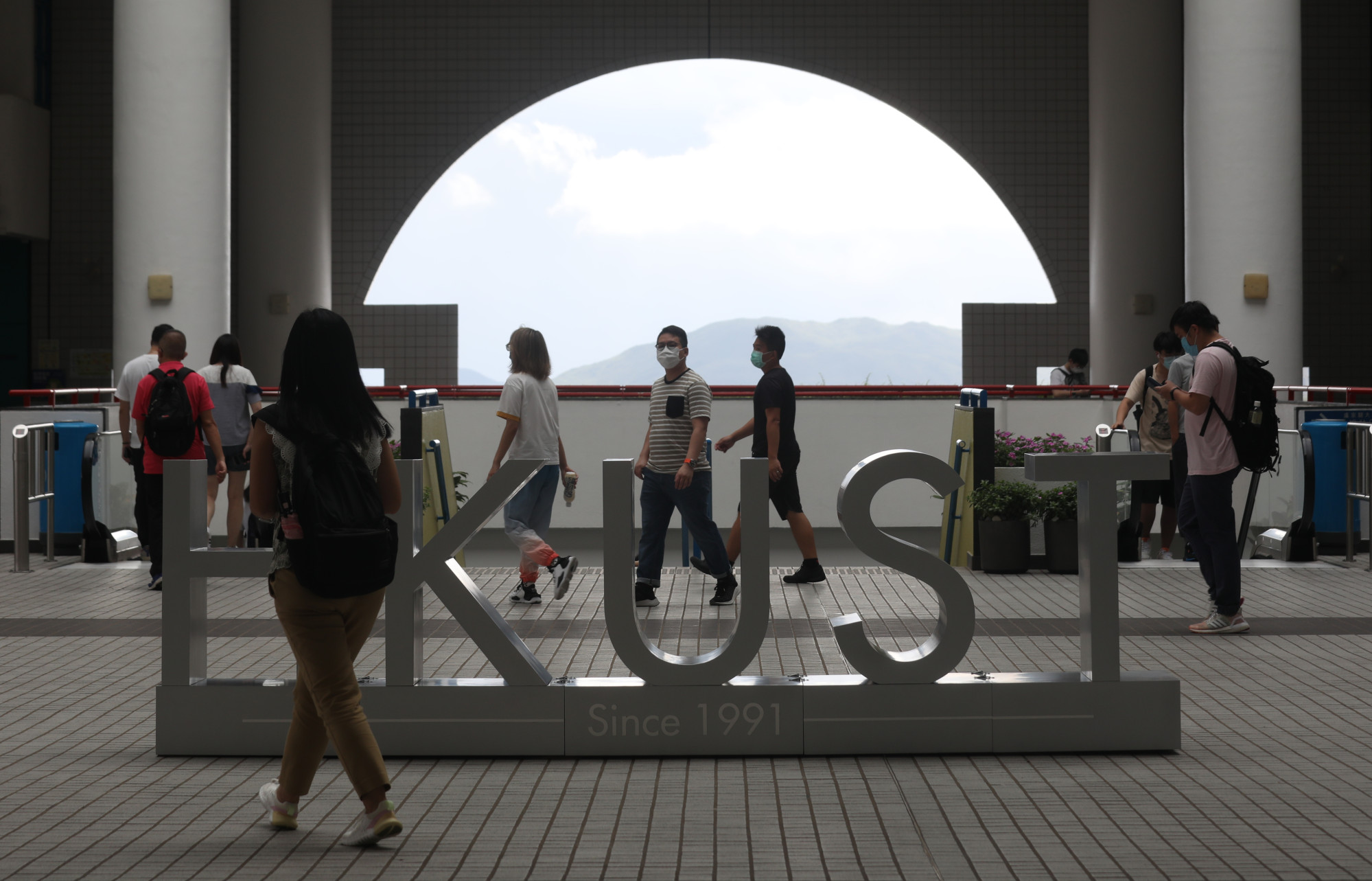
Success in global tech talent chase requires reimagining Hong Kong’s approach
- Hong Kong is already trailing the likes of Shenzhen and Singapore, so it needs to go all out to be competitive again
- Apart from offering subsidies and allowances, the city could also roll out a mentorship programme, widen internship opportunities and provide more versatile training
For this medium-term scenario, I envisage the park setting up recruitment bases worldwide to help start-ups and small-scale companies bring in talent. It can facilitate the industry’s growth by promoting job and development opportunities in Hong Kong and offering advice to those interested in working in the city.
To accelerate progress, I propose launching a global mentorship programme to connect with top international I&T companies and industry experts to serve as mentors for local start-ups. Their experience and guidance will make a big difference to small companies navigating the complicated set-up process that can change the trajectory of their businesses.
Likewise, inviting global I&T executives to Hong Kong to give lectures and share their experiences would greatly benefit the industry.
Tech founders say talent shortage is a major issue in Greater Bay Area
If carried out robustly, these interim measures will mitigate the tech talent shortage. We need to nurture our local talent in the long term to sustain the healthy development of the industry ecosystem by connecting upstream research – which we are excellent at – to midstream and downstream markets, which we need to boost.

To overcome this problem, tertiary institutions could cooperate with mainland biomedical companies to provide a one-year internship programme, with the Hong Kong government offering living allowances to support students to join the programme. The experience these students bring back will benefit their Hong Kong employers.
To advance their careers, students need to upskill into well-rounded I&T talent with knowledge in diverse areas such as finance, quality control, human resources and marketing. Our universities should increase biomedical interdisciplinary collaborations by providing more versatile learning opportunities to enable those from other disciplines to understand more about the biomedical industry and vice versa.
Finally, the government should intensify support for the fledging biotech field with increased funding to provide essential training to improve the skills of our local workforce and retain existing talent.
Not only do we face acute talent scarcity, there is a major rupture in our talent pipeline with a high turnover of tech staff who seek better prospects elsewhere after three to five years on the job. The biotechnology field is growing rapidly and needs the talent – our most valuable assets – to take it to the forefront of the world’s technological frontiers.
Ricky Chiu is a biotech innovator, entrepreneur and industrialist


